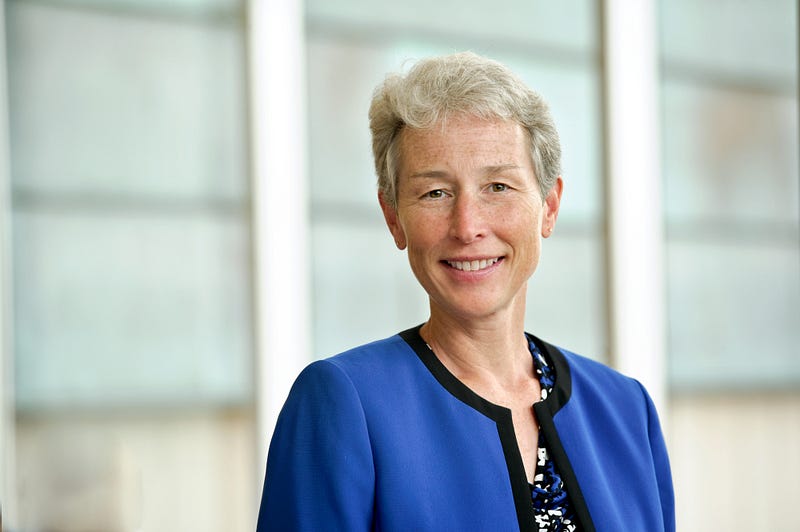
By now, Professor Ann Owen, the Henry Platt Bristol Professor of Economics, can be considered a frequent voice National Public Radio’s (NPR) All Things Considered and Market Watch, where she appears as a guest contributor to the programs. Owen, who has been a member of Hamilton College’s faculty since 1997, has been featured in many segments. Most recently, she was featured in “Is It Time for the Fed to Say Goodbye to the Phillips Curve Theory?” on Oct. 28, 2018, which examined the common economic principle that explains the relationship between inflation and unemployment.
Before becoming a professor at Hamilton, Owen worked as an economist at the U.S. Federal Reserve, where she was tasked with briefing the Board of Governors on current economic events; she also wrote policy papers during her time working there. Her specialty was monitoring treasury markets and interest rates.
Speaking about her transition to teaching, Owen remarked, “I liked being at the Fed. I liked it because it was a research-oriented environment where you could talk about many ideas with many fascinating people. You knew that you were doing something really important, but at the same time, I felt that I really enjoyed teaching. I knew that at some point I would leave the Fed, so I came to Hamilton when it was a good opportunity for me.”
Now, her contributions to NPR occur on an invitational basis, a process Owen is quite familiar with. When NPR journalists begin writing an article on an economics-related topic, they call and ask for an economist’s opinion on the matter. Often, Owen is the go-to.
She explains that her association with NPR began through the Hamilton College media relations office, and her name ended up being passed from journalist to journalist. Owen says she enjoys contributing, and that she especially likes it because it is helpful to Hamilton and a challenge for her.
“It’s a broader audience,” she said.
Owen also explained that there are some added challenges that come with the radio medium. “I have to assume that the listeners haven’t taken any economics courses. When you’re talking on the radio, you don’t have a chalkboard. A lot of the time, [the journalist] will ask a question that, if I were in a classroom, I’d draw a graph for. I think it’s more challenging on the radio because you have to explain these concepts without any aid. It’s a bit of a challenge and I definitely enjoy that.”
Typically, Owen is asked to contribute to stories about monetary policy, as well as stories about actions that the Federal Reserve is undertaking or might undertake. Occasionally, she will provide insight into general topics about the macroeconomy. Owen notes that she will not make predictions or comments on any individuals; instead, she prefers to answer questions that allow her to explain the basic concepts of monetary policy decisions. As markets change and modernize in new ways, many of the traditional models of economists are shifting. Owen’s first-hand experience with the Federal Reserve, along with her academic and teaching experience, have made her a valuable contributor to NPR’s programs and reporting on economic issues.
Owen firmly believes that her NPR contributions fit in easily with her regular duties as an educator at Hamilton College. She sees her work with NPR as a natural addition to her academic schedule.
“What this is,” Owen emphasized, “is a different way of teaching, with a different audience. I really do think of it as an extension of my teaching.”

























